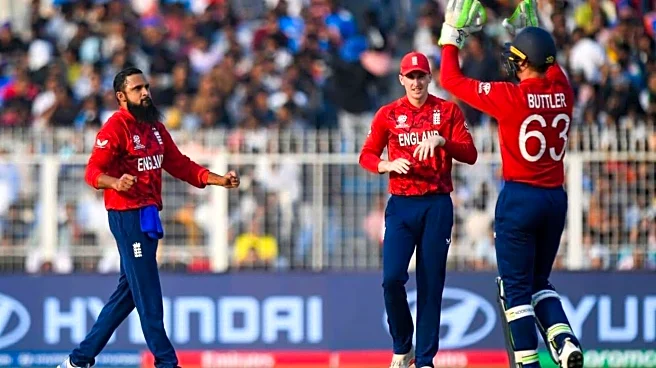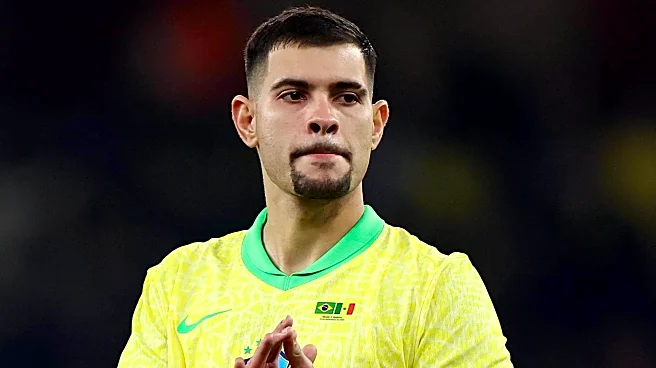The Bombay High Court on Friday granted actor Suniel Shetty urgent interim protection against the unauthorised use of his likeness, including AI-generated deepfakes, false endorsements, and counterfeit merchandise. The court held that such acts violate his fundamental rights to privacy and dignity.
Justice Arif S. Doctor observed that the material presented in court, including obscene AI-generated images of Shetty and his family, reflected a “lethal combination of a depraved mind and the misuse of technology,” which could harm the actor’s personality rights.
“The unauthorised creation/uploading of deepfake images of the Plaintiff on social media platforms constitutes a grave infringement not only of his personality rights but also of his right to
live with dignity. Equally, the unauthorised use of AI-generated images of the Plaintiff and his family members constitutes a blatant invasion of their privacy and their fundamental rights,” Justice Doctor stated.
The court further noted that such acts created a false sense of endorsement, misleading the public and amounting to passing off, misappropriation of goodwill, and consumer deception.
Shetty approached the court seeking protection of his personality rights, privacy, and dignity under Article 21 of the Constitution, as well as moral rights under the Copyright Act. His petition detailed his three-decade-long career in over 100 films, his endorsement deals with national and international brands, and his social media following of more than 13 million.
Senior Advocate Birendra Saraf, representing Shetty, argued that the actor’s name, image, likeness, voice, and mannerisms were being misappropriated through deepfakes, unauthorised advertisements, fake social media profiles, and merchandise.
“The infringement acts are causing irreparable harm to the plaintiff’s immense goodwill built carefully over the years,” the petition stated. It also cited instances of AI-generated content, including a viral image showing Shetty with his grandchild, as well as merchandise such as T-shirts and posters being linked to commercial ventures without authorisation.
The High Court accepted Shetty’s request for a John Doe order, extending protection to unidentified parties involved in the misuse of his persona.
“Given the clandestine and continuing nature of these activities and the ongoing harm, the Plaintiff has correctly impleaded Defendant No. 1, ‘John Doe/Ashok Kumar,’ to represent the entire class of such unknown persons whose identities cannot be presently ascertained,” the court noted.
The court restrained several defendants from using Shetty’s persona in any form, including AI content, deepfakes, cloned audio, or merchandise. Meta Platforms and X Corp were directed to remove infringing content within a week and to provide subscriber details of uploaders when requested by Shetty.
The matter is scheduled for further hearing on November 17.
Other celebrities, including Aishwarya Rai, Abhishek Bachchan, Amitabh Bachchan, Karan Johar, and Akkineni Nagarjuna, have recently sought court protection against misuse of their likeness. Earlier this month, the Bombay High Court safeguarded playback singer Asha Bhosle from unauthorised use of her image and voice, including AI-generated content.
Personality rights allow individuals to control the commercial and public use of their identity, covering attributes such as name, image, likeness, voice, signature, or catchphrases. These rights include the right of publicity, preventing unauthorised commercial use, and the right to privacy, protecting against deepfakes, morphed images, and fabricated endorsements.
Shetty was represented by Senior Advocate Dr. Birendra Saraf along with advocates Janay Jain, Monisha Mane Bhangale, Bijal Vora, Tamanna Meghrajani, and Pavanaj R. Hariharan, instructed by Parinam Law Associates.
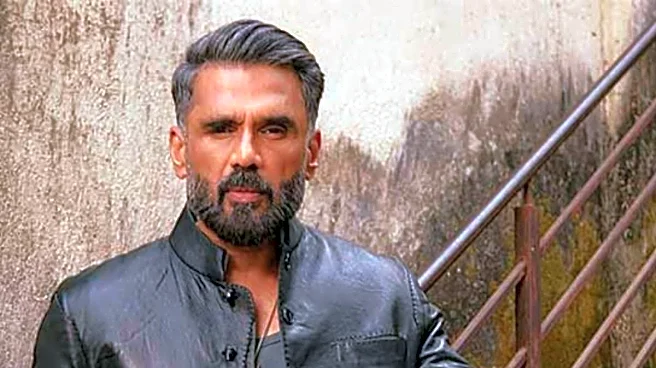

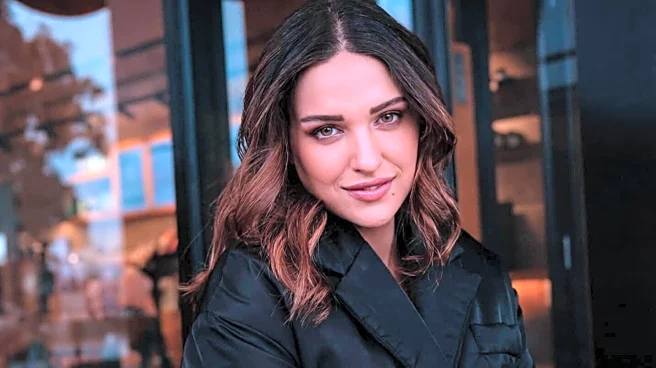
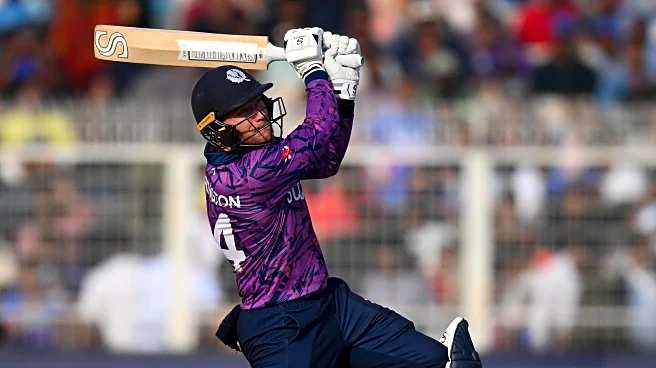
/images/ppid_a911dc6a-image-177107062796921011.webp)


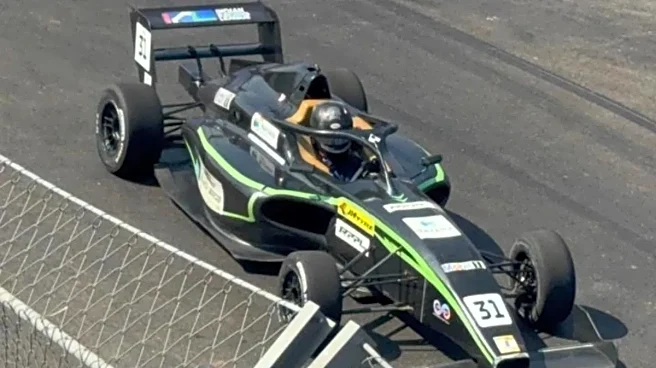
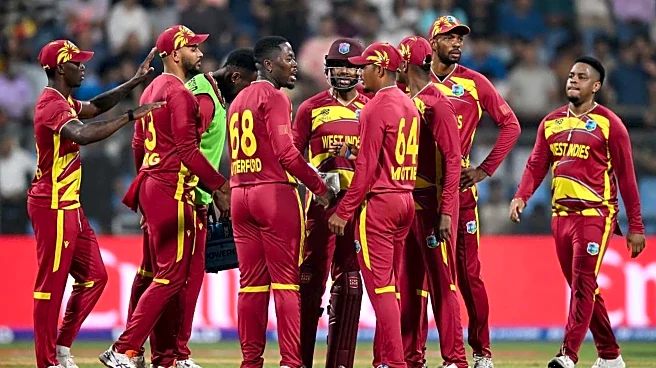

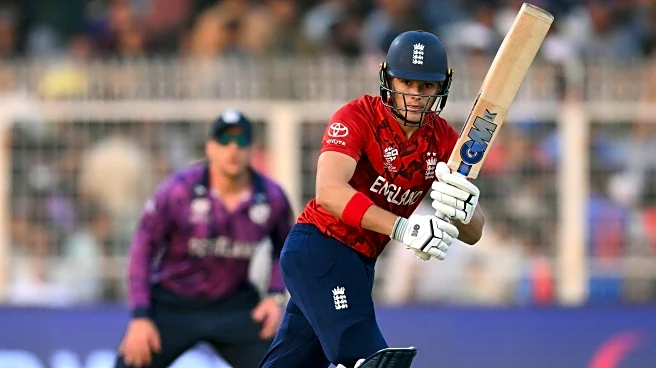

/images/ppid_a911dc6a-image-177107322672112787.webp)

/images/ppid_a911dc6a-image-177107283185623053.webp)
